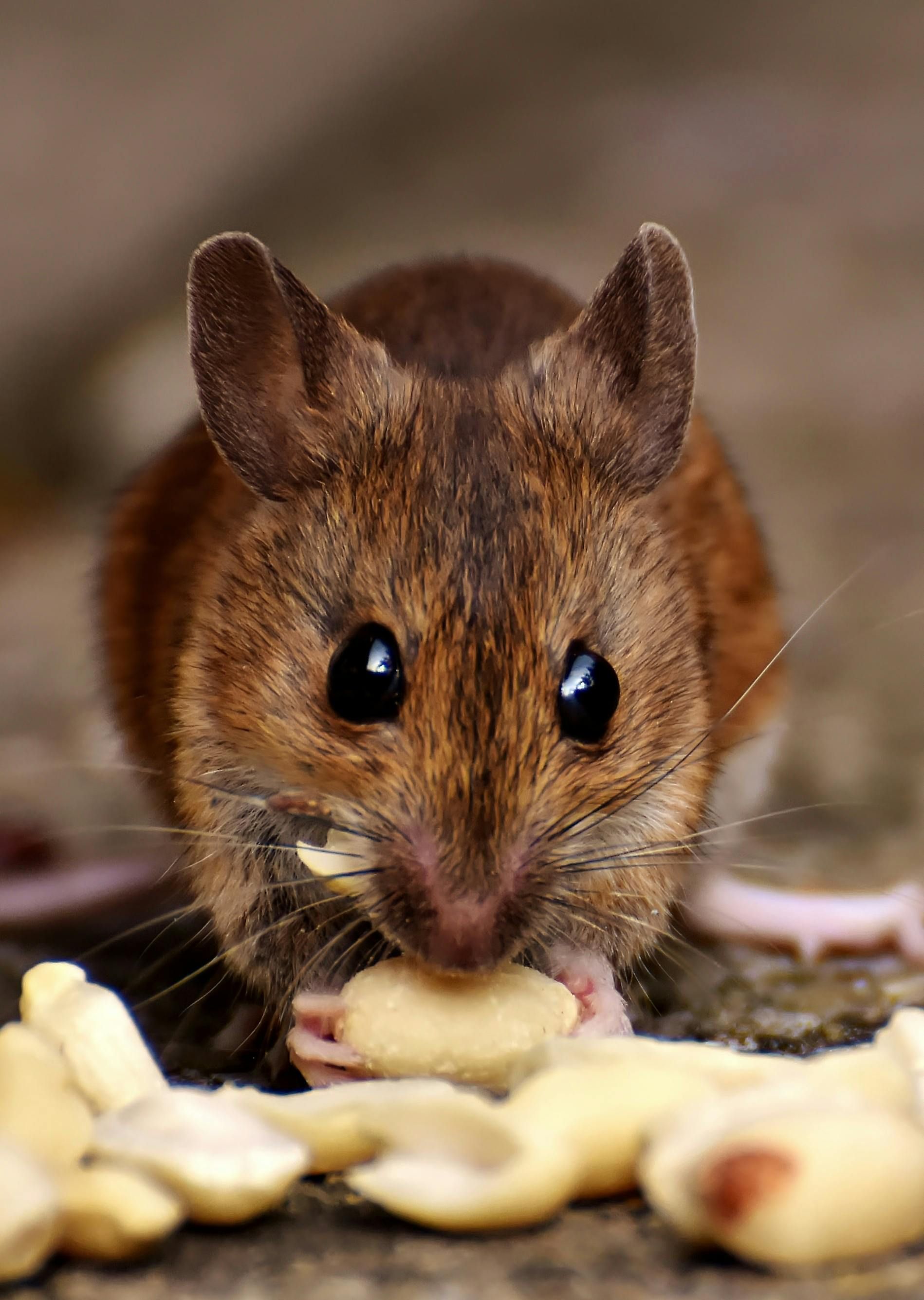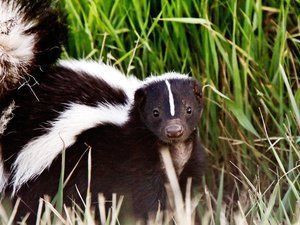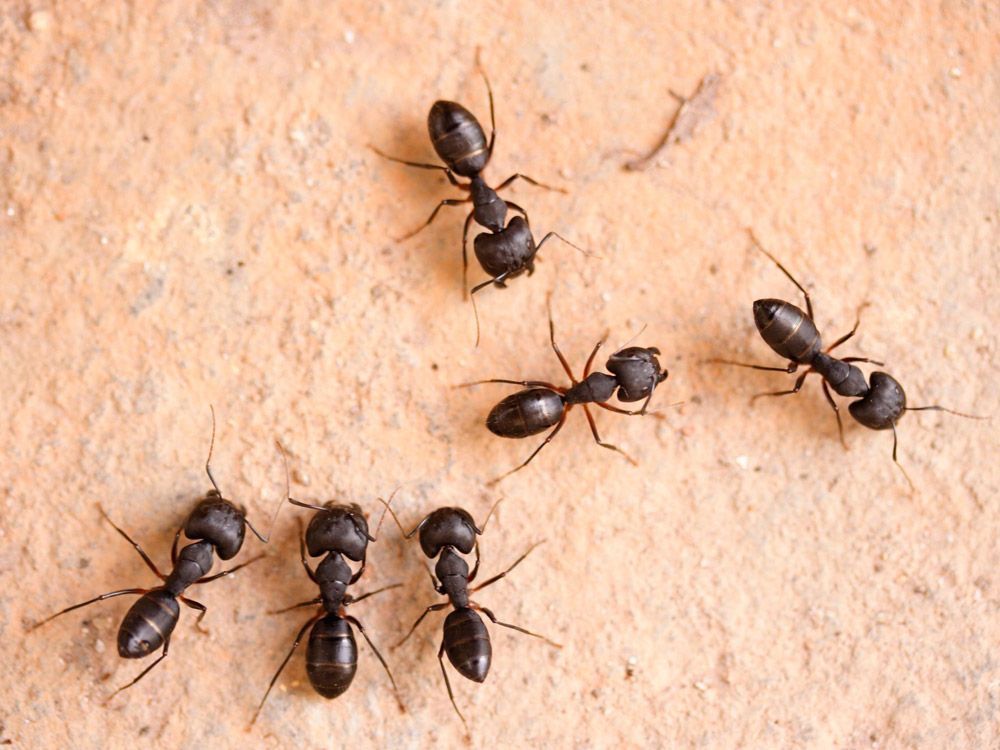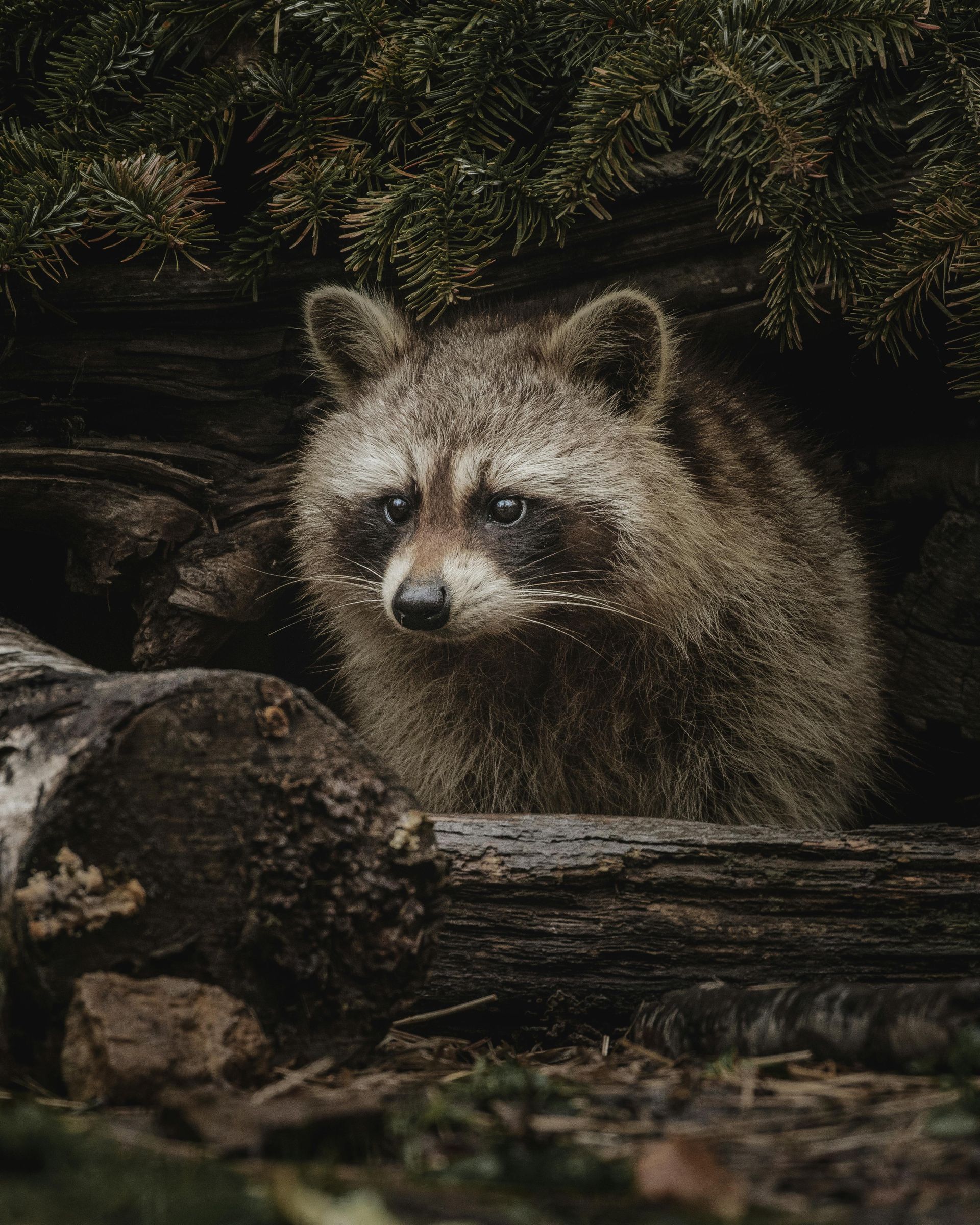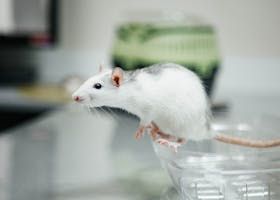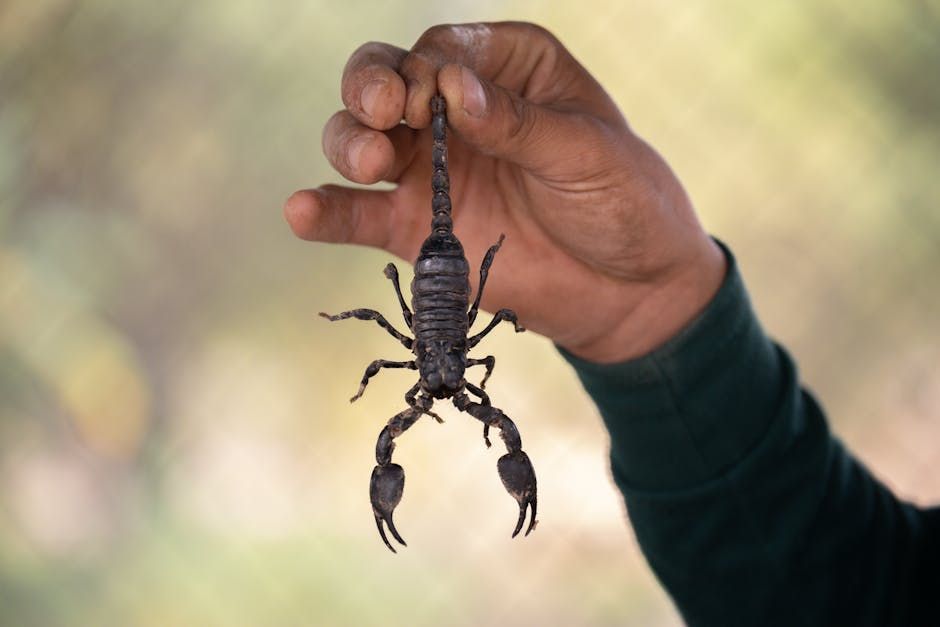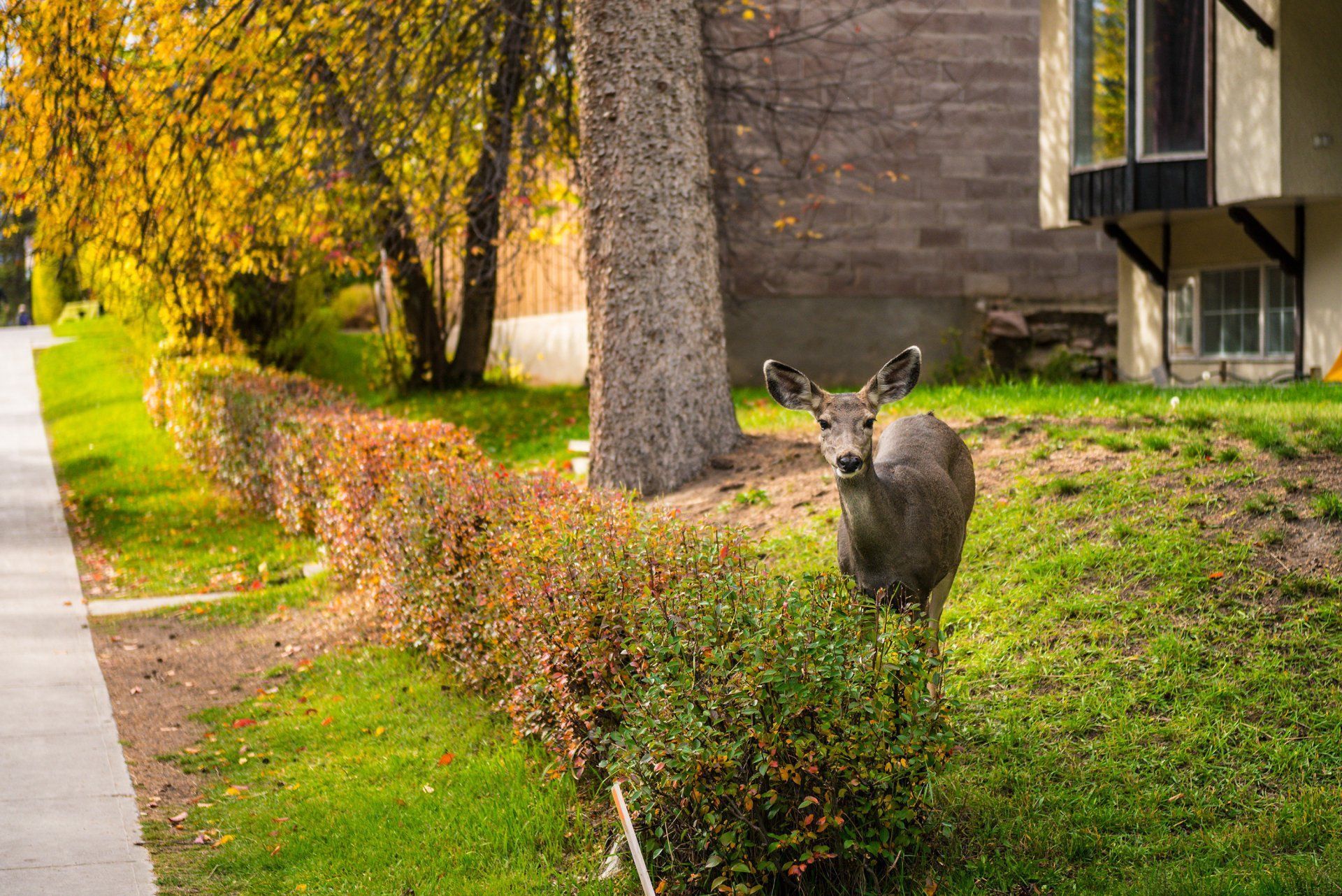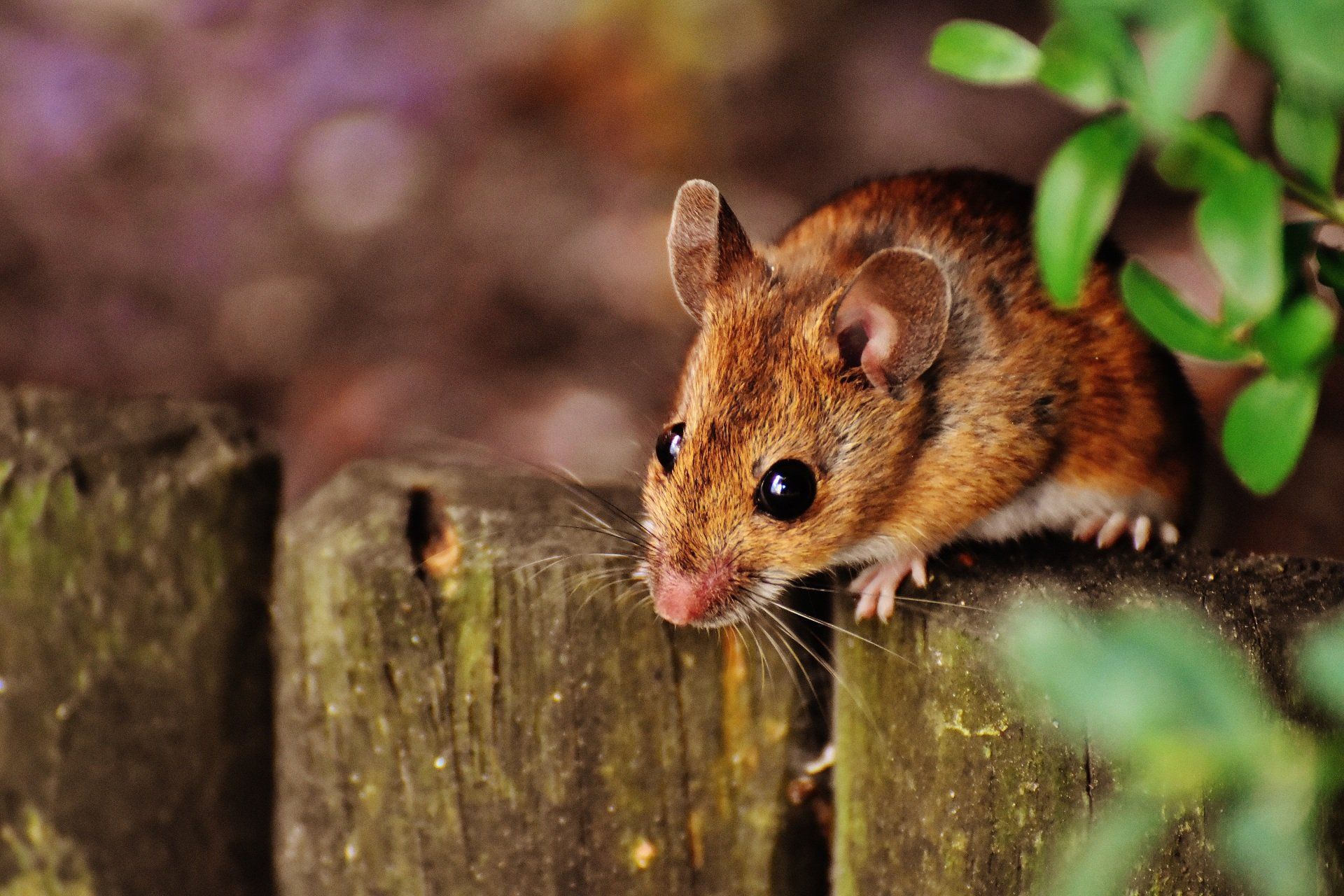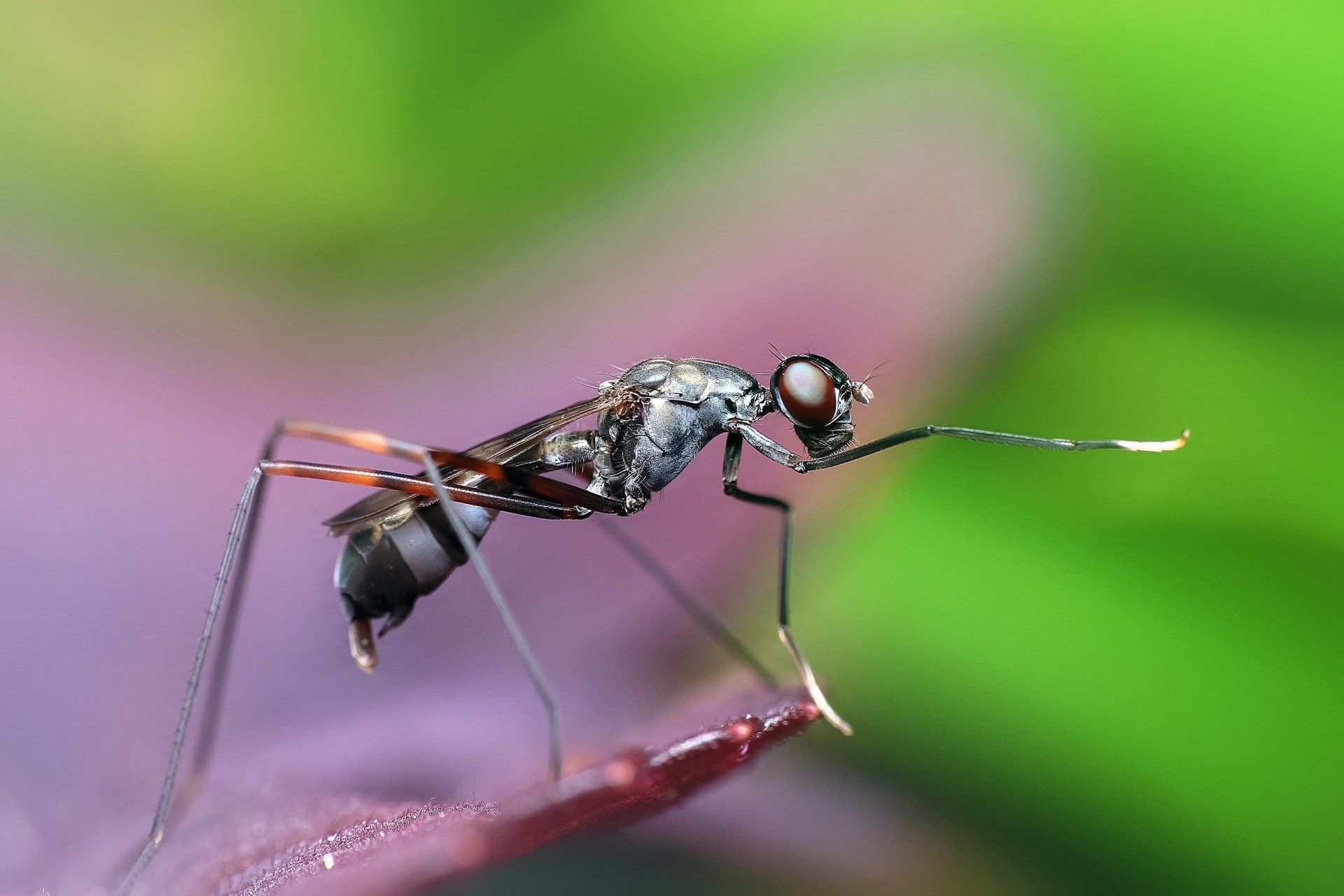Canine Leptospirosis: What Animals Transmit This Disease?
Protect your dogs from canine leptospirosis.

Over 44% of American households have a dog. If you’re one of these pet owners, then you should know about canine leptospirosis.
Although leptospirosis in animals is most common in areas that have a lot of rainfall or experience warmer climates, it can occur anywhere. This is why you need to understand this bacterial disease and learn how to prevent leptospirosis in animals such as your pets.
Luckily, you can protect your pet with a canine leptospirosis vaccine and by keeping disease-carrying critters away from your home. The best way to protect your home from unwanted animals is with routine pest control in Sparta, NJ.
What Is Canine Leptospirosis?
Leptospirosis is caused by leptospires. This bacteria is spiral-shaped and leads to this disease. People and animals are at risk, both domestic and wild.
Wild animals get it through eating or drinking infected soil and water. Many mammals are susceptible to catching this disease.
There are a few ways that a person or animal can contract this disease. For starters, this bacteria enters the body through broken skin. This might be from a scratch or cut.
The bacteria can also enter the body through mucus membranes, such as the mouth, eyes, or nose. It can also enter the body through the skin.
Dogs more commonly get leptospirosis when they drink, swim in, or walk through contaminated water.
What Are Canine Leptospirosis Symptoms?
Since people can also get leptospirosis — especially if their dog has it — you need to know the signs of canine leptospirosis.
For starters, the signs and symptoms of canine leptospirosis vary. There are, however, common clinical signs to look out for in canines. These include the following:
- Vomiting
- Diarrhea
- Fever
- Abdominal pain
- Severe depression
- Devere weakness
- Stiffness
- Severe muscle pain
- Refusing to eat
If you notice any of these symptoms, contact your veterinarian right away.
How Do Animals Get Leptospirosis?
If you have wildlife in your yard, there is an increased risk of canine leptospirosis. You should prevent pests from entering your garden, as this works to keep them away from your family and pets.
Since leptospirosis is spread when an infected animal urinates, contaminating the soil and water, it’s best to keep wildlife away. This bacteria can survive for weeks or even months, which means you and your pets are in danger of contracting this disease.
When your pets drink contaminated urine — or any other contaminated body fluids — they run the risk of getting leptospirosis. This includes when they come into contact with contaminated water and soil.
Prevent Canine Leptospirosis
If you’re looking to prevent canine leptospirosis, remember to vaccinate your pets. You should also keep your pets away from standing water, as it could be contaminated. Additionally, avoid wildlife and coming into contact with them.
Should you need help with pests or wildlife in your home or yard, a professional pest removal company can help. Serene Property Services offers pest control in Sussex County, NJ, and Warwick, NY. Contact us today for an estimate or to discuss humane wildlife removal.

